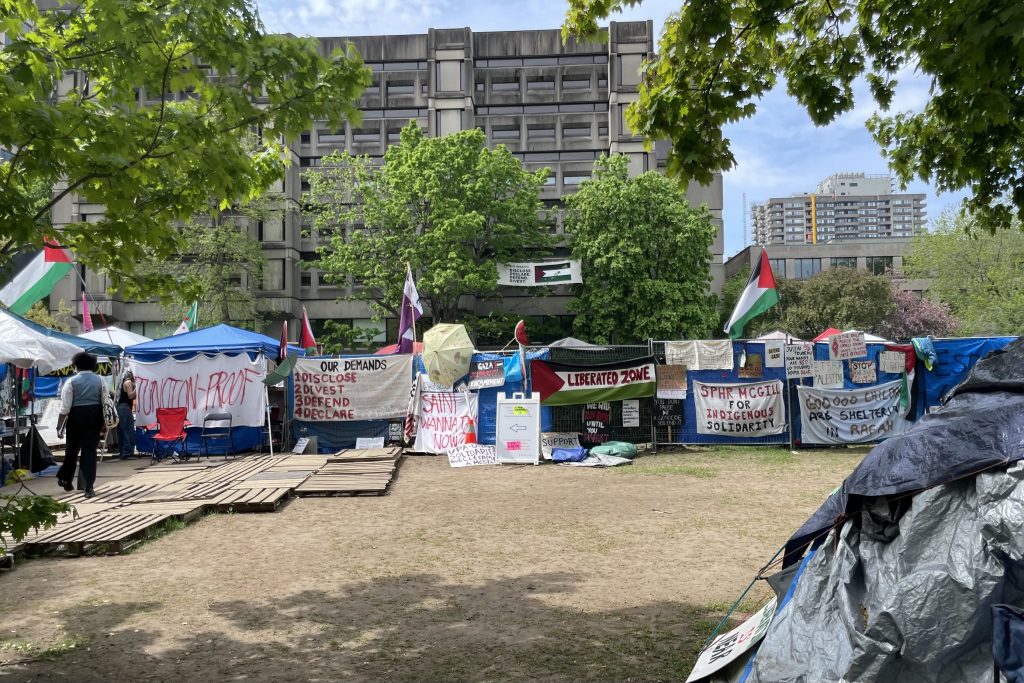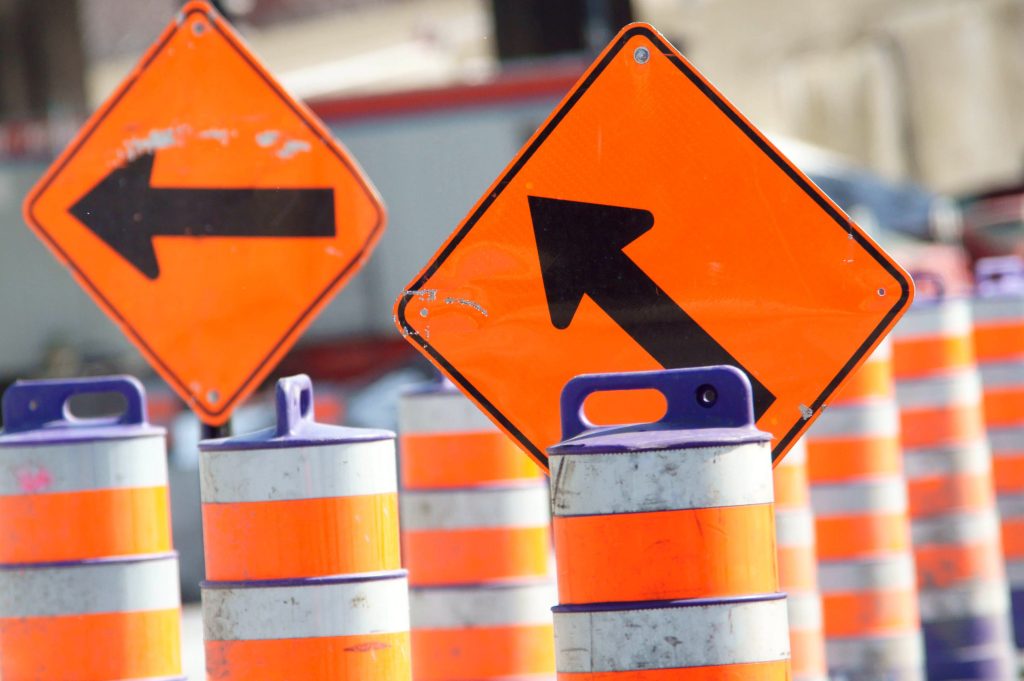Quebec restaurant patios reopen as curfew lifts and backyard gatherings permitted

Posted May 28, 2021 3:12 pm.
MONTREAL _ As the curfew lifted Friday and restaurant patios reopened, Quebec’s public health institute said the province could avoid another wave of novel coronavirus if people follow health orders.
Jocelyne Sauve, vice-president for scientific affairs at the Institut national de sante publique du Quebec, said Quebecers need to be patient and adhere to the government’s reopening plan.
“What we see from the models is that the reopening plan could work well, but as long as the public follows the speed of the reopening plan and doesn’t get ahead of what’s been put on the table,” Sauve told reporters.
Models released Friday by the institute projected a gradual drop in new COVID-19 cases, hospitalizations and deaths in the greater Montreal area _ if people stick to the plan. That area was defined as Montreal, its northern suburb of Laval, Que., and several less-populated adjacent regions.
Under the government’s reopening strategy, Montreal and Laval will remain at the highest pandemic-alert level until at least June 7, after which gyms are expected to reopen and indoor dining at restaurants will be permitted.
The first step in the plan began Friday, when restaurant patios reopened across the province _ including Montreal and Laval _ and backyard gatherings were permitted again. But indoor gatherings are still banned and mask-wearing remains the rule in public places.
Marc Brisson, a professor at Universite Laval who does modelling for Quebec’s public health institute, said the number of cases could begin to rise again in June _ particularly among children and adults not yet vaccinated _ if people don’t follow the rules.
The government has said it is particularly worried about private indoor gatherings after the curfew is lifted, which happened Friday.
Brisson said the modelling forecasted a rise in hospitalizations if people get ahead of the reopening plan, but added that the estimated rise would be smaller compared with the second wave, which ended in March. New hospitalizations in the Montreal area could peak at around 30 a day in early July, the models predicted.
The models estimated that the number of COVID-19 cases and hospitalizations in the fall will depend on vaccination rates. If 89 per cent of people over 12 are fully vaccinated, there would be a minimal rise in new cases and hospitalizations when schools reopen.
But if 71 per cent of the population is fully vaccinated by the fall and assuming the number of daily contacts between people are at pre-pandemic levels, then Quebec could be reporting 1,000 new cases a day by October, followed by dozens of new hospitalizations.
“It’s very important to continue to follow the public health measures as we get out of lockdown and to have the highest vaccination coverage possible,” Brisson said. “These two elements will have a big impact on how our summer and September will look.”
Meanwhile, Quebec police forces issued 20,958 tickets for curfew violations between Jan. 9 and May 23, the province’s Public Security Department said Friday. Fines started at $1,000 plus $550 in additional fees.
The curfew was originally set at 8 p.m. and more recently had been moved to 9:30 p.m.
Some patio restrictions remain, and in regions under the province’s two highest alert levels, tables will be limited to occupants of a single residence, or two adults with their minor children.
The new regulations also allow outdoor gatherings of up to eight people on private property, and large venues will be able to host up to 2,500 people, though the venues will have to be divided into sections of 250 people and have separate entrances and washrooms.
Quebec reported 419 new cases of COVID-19 Friday and four more deaths attributed to the novel coronavirus, including one within the previous 24 hours. Health officials said hospitalizations dropped by nine, to 385, and 91 people were in intensive care, a drop of five.
The province says it administered 101,094 doses of vaccine Thursday, for a total of 5,306,336; about 58.1 per cent of Quebecers have received at least one dose.
This report by The Canadian Press was first published May 28, 2021.



